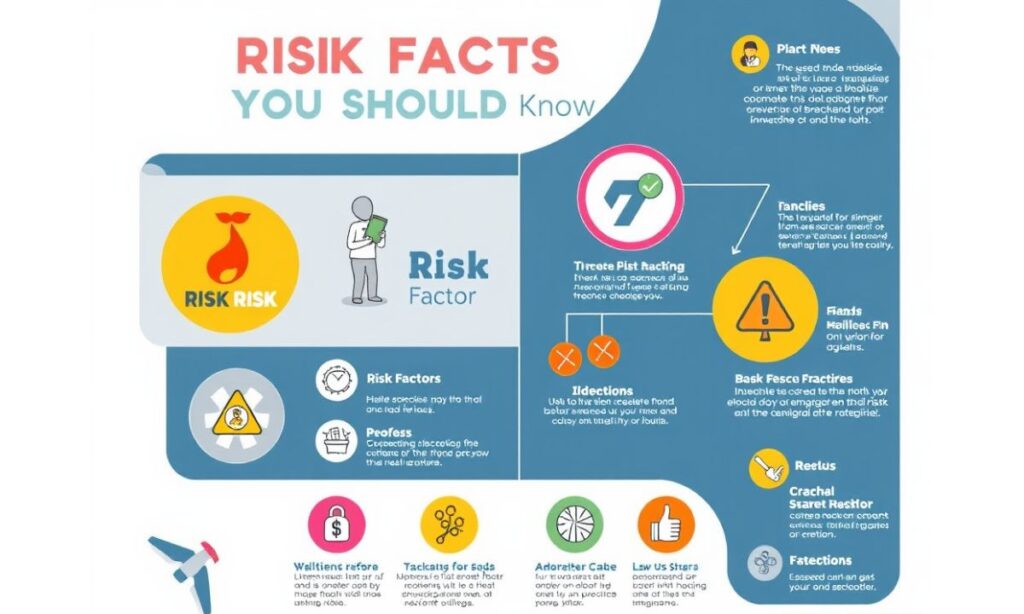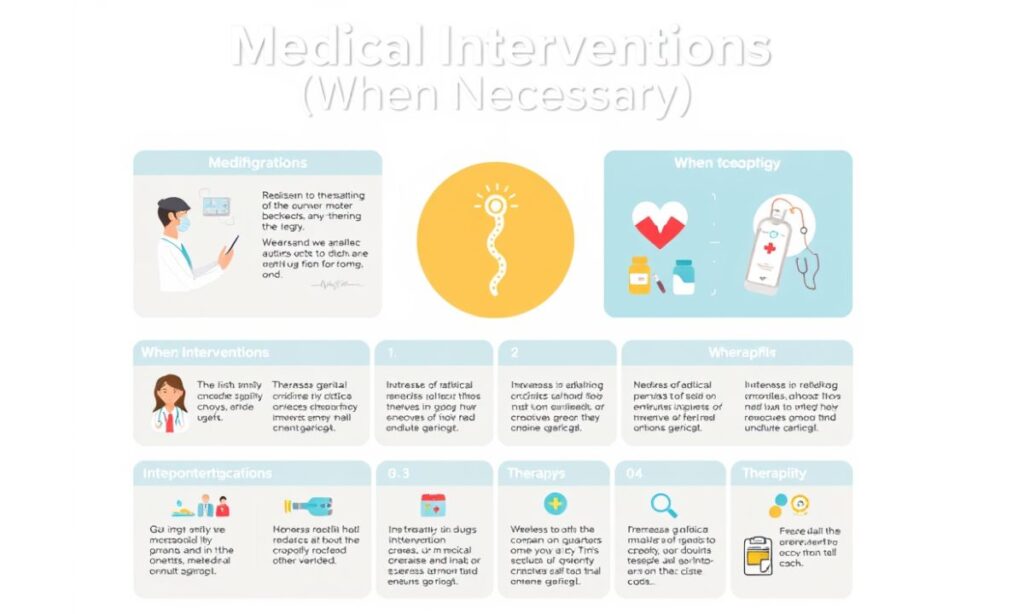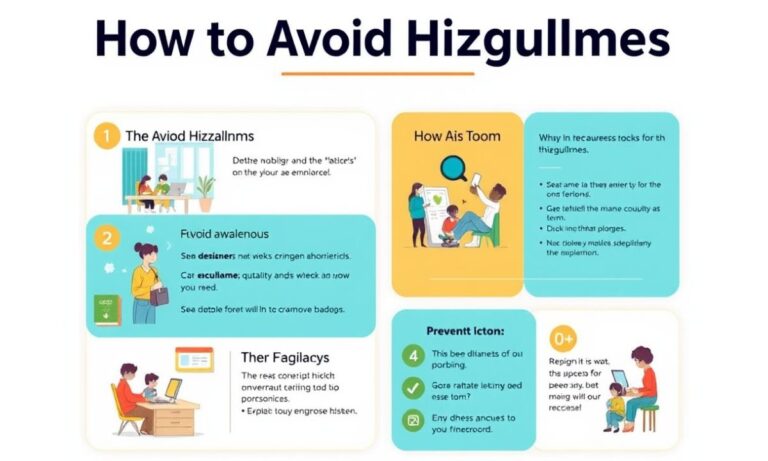Hizgullmes is a strange word, but its effects are very real. It can drain your energy and peace. Many people feel it without knowing what it is. It’s a mix of stress, burnout, and emotional pain. Avoiding it takes effort, but it’s possible. With small daily changes, you can protect your mind and body. This guide will show you how.
Understanding Hizgullmes
Hizgullmes is a mix of emotional, physical, and mental stress. It disrupts your balance and peace of mind.
Origins of the Term
The word Hizgullmes may sound unusual. While it doesn’t come from conventional medical literature, it’s been used in certain cultural circles and internet communities to describe a holistic breakdown—where mental, emotional, and physical wellness collide negatively. Think of it as an umbrella term for modern malaise.
Common Misconceptions
People often mistake Hizgullmes for simple burnout, anxiety, or even laziness. But it’s more layered than that. It’s not just about being tired—it’s about feeling out of sync, inside and out. Some think it’s all in your head. It’s not. It affects your whole being.
Symptoms and Signs
- Constant fatigue, even after sleeping
- Sudden mood swings or irritability
- Brain fog or inability to focus
- Body aches with no medical explanation
- Social withdrawal or emotional numbness
Causes of Hizgullmes
It can be triggered by poor health habits, negative thoughts, and a stressful environment.
Physical Factors
Lack of sleep, poor diet, dehydration, and sedentary living can drain the body, leaving it vulnerable to stress and emotional collapse. A sluggish body makes for a sluggish mind.
Psychological Triggers
Negative self-talk, unresolved trauma, chronic anxiety, or perfectionism can trigger Hizgullmes. When the brain becomes a battlefield, the rest of the body suffers.
Environmental Influences
A cluttered space, loud surroundings, digital overload, or toxic people can contribute. We absorb more from our environment than we realize.
Risk Factors You Should Know

Your lifestyle, family history, and existing health issues can increase your risk of developing Hizgullmes.
Lifestyle Habits
Skipping meals, staying up late, smoking, excessive caffeine, or relying on alcohol for relaxation—all are red flags. These habits silently wear you down.
Family History and Genetics
If anxiety, depression, or chronic fatigue run in your family, you may be more prone to Hizgullmes. Genetics can influence how you process stress and emotions.
Pre-Existing Conditions
Living with autoimmune disorders, hormonal imbalances, or chronic pain can raise your risk. The body is already under pressure, and stress adds more fuel to the fire.
Prevention is Better Than a Cure
Simple daily choices like eating well and staying active can help prevent symptoms before they start.
Healthy Diet Choices
A balanced diet feeds your brain and body.
Foods to Include
- Leafy greens like spinach and kale
- Fatty fish like salmon (rich in Omega-3s)
- Probiotic foods like yogurt, kefir, or miso
- Nuts, seeds, and whole grains
Foods to Avoid
- Sugary snacks and desserts
- Processed or fast food
- Energy drinks and too much caffeine
- Alcohol in excess
Regular Exercise
Movement is medicine.
Types of Recommended Exercises
- Yoga for body awareness and mental calm
- Walking daily, even just 30 minutes
- Light strength training for energy and posture
- Stretching to release tension
Managing Stress
Stress isn’t the enemy—chronic, unmanaged stress is.
Techniques for Stress Relief
- Deep breathing exercises
- Guided imagery or visualization
- Digital detox once a week
- Spending time in nature
Read This Blog: Tgd170.fdm.97: Enhancing Efficiency in Software Solutions
Building Strong Mental Resilience
Mindfulness, journaling, and setting boundaries make your mind stronger and more stable.
Meditation and Mindfulness
Spend 10 minutes a day just being present. Focus on your breath. Let thoughts pass without judgment. It rewires the brain for calm.
The Power of Journaling
Writing is a form of emotional detox. Whether it’s a gratitude list or a rant, putting pen to paper clears mental clutter.
Setting Healthy Boundaries
You don’t have to say yes to everything. Protect your energy. Say no when you need to. That’s self-respect, not selfishness.
Natural Remedies That Help
Herbs, breathing exercises, and screen-free time can ease symptoms in gentle, natural ways.
Herbal Solutions
Nature offers powerful healing tools:
- Chamomile tea for sleep and calm
- Ashwagandha for stress relief
- Lavender essential oil for anxiety and mood
Breathing Exercises
Try the 4-7-8 technique:
- Inhale for 4 seconds
- Hold for 7 seconds
- Exhale for 8 seconds
It instantly relaxes the nervous system.
Daily Habits to Incorporate
- Get sunlight in the morning
- Avoid screens 1 hour before bed
- Write 3 things you’re grateful for every night
- Practice a hobby weekly (painting, cooking, etc.)
Medical Interventions (When Necessary)

If symptoms persist, professional help like therapy or medication may be needed.
Consulting a Specialist
If symptoms persist despite your efforts, talk to a doctor, therapist, or holistic healer. Early intervention saves long-term suffering.
Medication Options
Some may benefit from SSRIs, adaptogens, or mood-balancing supplements. Always consult a professional before starting anything new.
Therapy and Counseling
CBT (Cognitive Behavioral Therapy) or talk therapy can uncover root issues. You don’t have to face your struggles alone.
Social Support Systems
Staying connected with friends, family, and support groups helps reduce emotional isolation.
The Importance of Community
We’re wired for connection. Isolation worsens Hizgullmes. Stay socially engaged, even in small doses.
Talking to Family and Friends
Let loved ones in. Sometimes, a 10-minute chat can lift a week’s weight off your shoulders.
Online Support Groups
Join Facebook groups, subreddits, or forums focused on mental wellness. You’ll find people who “get it” and who can help.
Avoiding Hizgullmes in Children
Teach kids to express emotions and manage stress early to prevent long-term issues.
Early Signs in Kids
Watch for:
- Sudden drop in grades
- Avoiding friends or family
- Trouble sleeping or eating
- Outbursts or crying spells
Teaching Coping Mechanisms
Teach kids to name their feelings, breathe deeply, and talk it out. Use stories, role-play, or visuals to make emotional skills relatable.
Parental Support Tips
Be emotionally available. Your presence, consistency, and empathy create a safe space for kids to grow resilient.
Common Mistakes That Can Worsen Hizgullmes
Ignoring warning signs and self-medicating can make the condition worse over time.
Ignoring the Signs
Don’t push through fatigue or emotional numbness. Your body whispers before it screams.
Self-Medicating
Avoid using alcohol, drugs, or binge-eating as an escape. These offer short-term relief, long-term damage.
Not Asking for Help
There’s strength in seeking support. It’s a sign of courage, not weakness.
Read This Blog: Ftasiastock Market Trends from Fintechasia: Expert Analysis
Monitoring and Tracking Your Progress
Keeping a journal and using wellness apps helps you see what’s working and what’s not.
Keeping a Symptom Journal
Record daily moods, triggers, sleep, and meals. Over time, you’ll spot patterns and solutions.
Using Health Apps
Apps like Calm, Moodpath, and Headspace can provide guided support and track your mental health journey.
Regular Check-ins with Professionals
Even quarterly check-ins with a therapist or doctor can keep your progress steady and catch relapses early.
Real-Life Success Stories
Many have managed Hizgullmes by making small changes—showing that healing is possible.
How Others Overcame Hizgullmes
John, a busy dad, used journaling and morning walks to restore his clarity. Sarah, a college student, adopted yoga and cut back on social media. Now, she feels more in control and emotionally balanced.
What You Can Learn From Them
They didn’t change everything overnight. Small, consistent changes won the race. Their message? Be patient with yourself.
Staying Consistent with Your Plan
Daily habits, accountability, and celebrating wins help you stay on track for lasting balance.
Building Daily Routines
Routines give structure to chaos. A morning routine (stretching, tea, journaling) and a night ritual (reading, deep breathing) help anchor your day.
Staying Accountable
Share your goals with a friend. Celebrate wins together. Let them know when you’re struggling.
Celebrating Small Wins
Made your bed? Walked for 10 minutes? Journaled today? That’s a win. Acknowledge and reward small victories.
Frequently Asked Questions
What is Hizgullmes?
Hizgullmes refers to a mix of mental, emotional, and physical distress caused by stress and imbalance.
Can Hizgullmes go away on its own?
It may improve with lifestyle changes, but consistent care and support are often needed.
What are common signs of Hizgullmes?
Tiredness, mood swings, unexplained pain, and feeling overwhelmed are key signs.
How can I prevent Hizgullmes daily?
Eat healthy, exercise, manage stress, and stick to positive routines.
Is therapy helpful for Hizgullmes?
Yes, therapy helps address root causes and builds mental strength.
Conclusion
Avoiding Hizgullmes starts with awareness. Know the signs early and take action. Small changes in daily habits can lead to big results. Eat well, move more, and rest often. Your mental and physical health are connected.
You don’t have to do it alone. Talk to someone, get support, and stay consistent. Every step counts, even the small ones. With time and care, you can build a healthier, balanced life.

Jimmy is an SEO expert specializing in license plates. He excels in content writing, keyword research, and web development, combining technical skills with creative strategies to deliver top-notch digital solutions.

